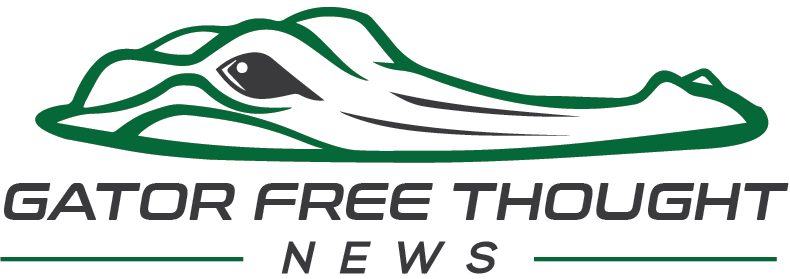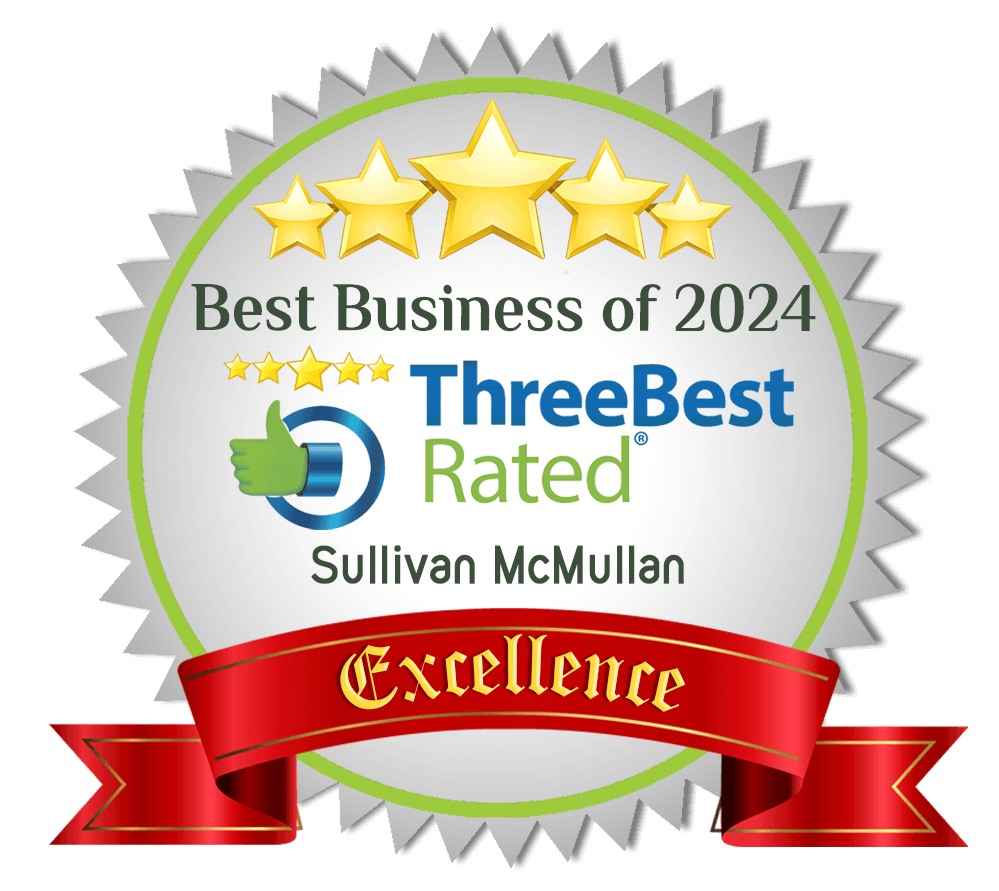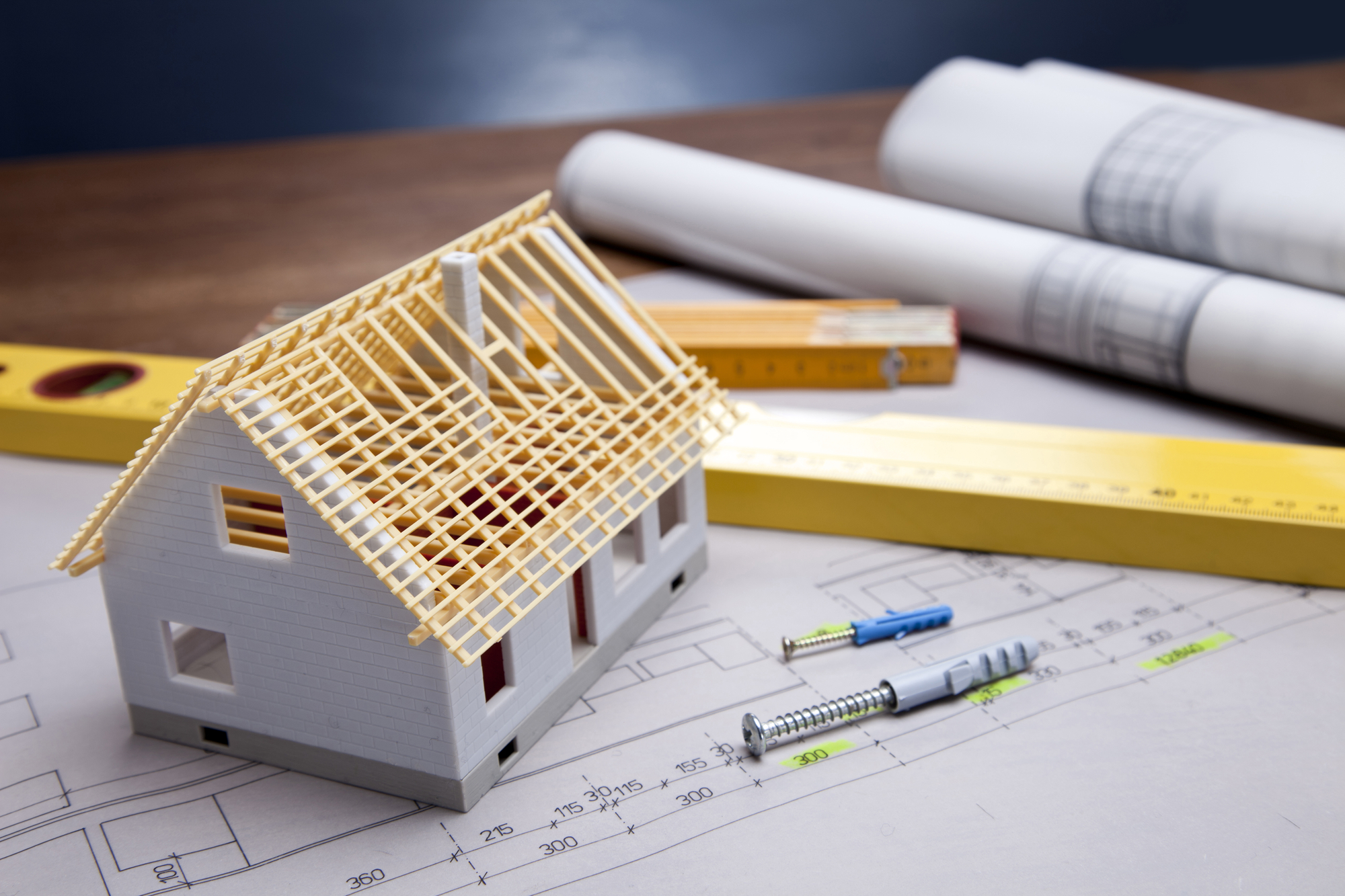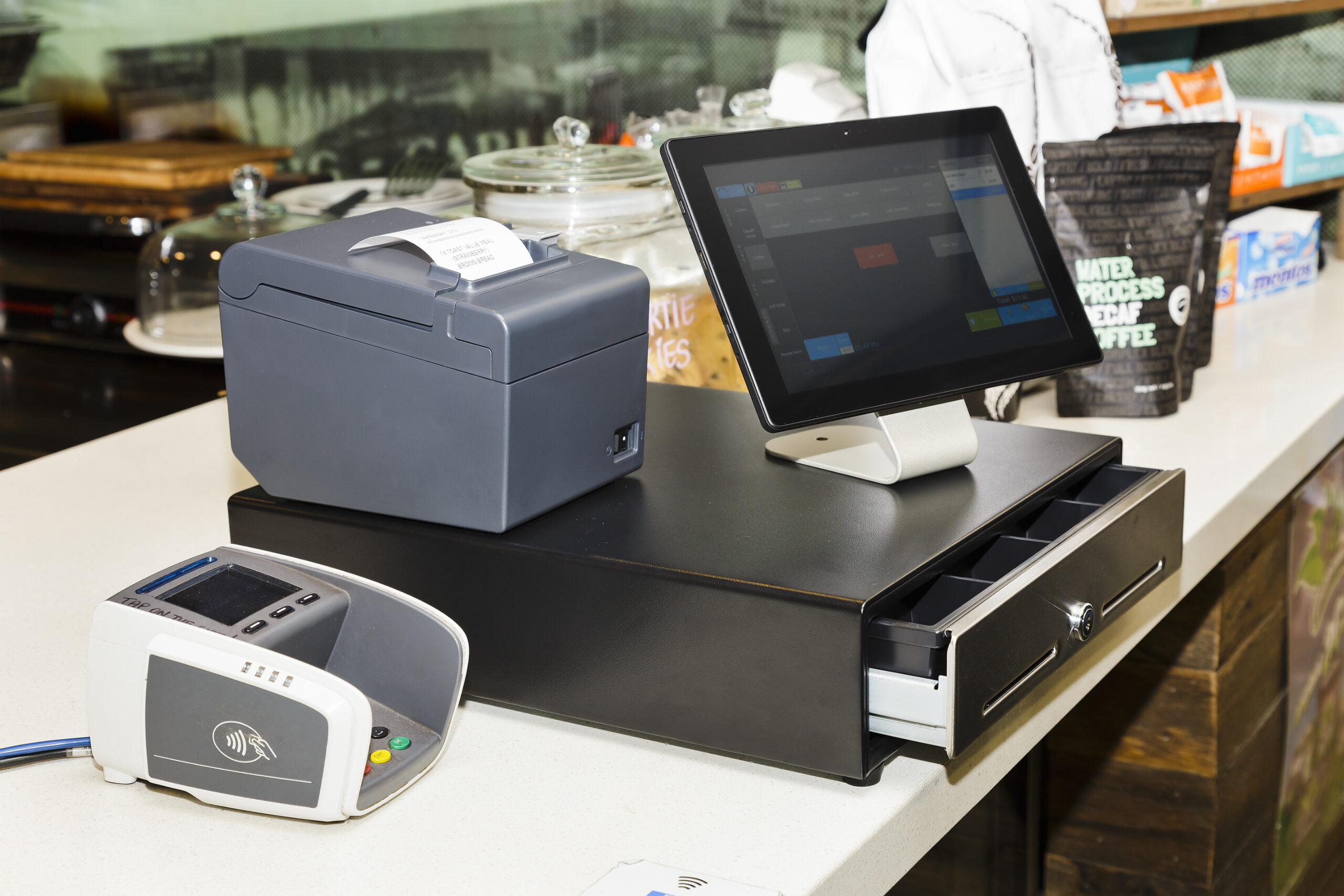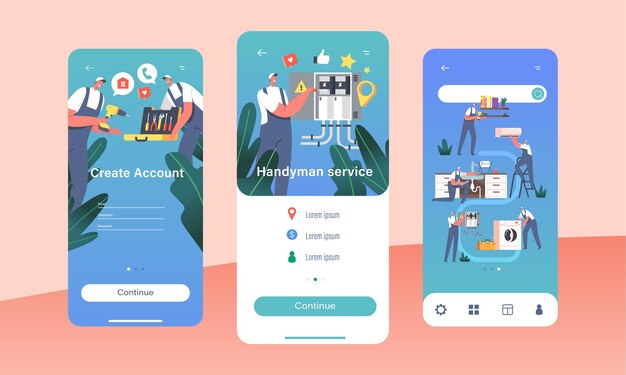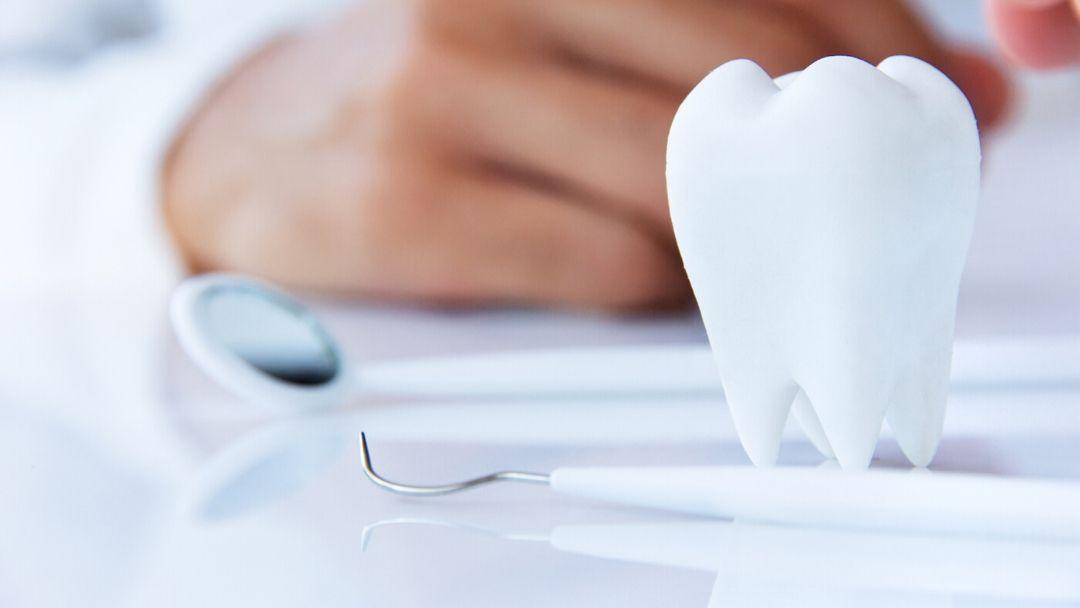How To Master Time Management In Your Dental Practice
Time management is a very essential skill when managing a dental office. When everyone feels rushed, it’s bad for the health of your dental team as well as your patients’. Time management in a dental clinic presents a particular set of problems – chiefly, that it’s difficult to know when one procedure will go longer than expected, possibly setting back the rest of the schedule. Here, we’ll explore a number of ways you can make time management at your clinic more efficient in order to increase productivity and patient satisfaction.
Rocks, Pebbles, Sand
You’ve probably heard the “rocks, pebbles, sand” analogy before – if you put the most important things first, you’ll always find time for the little things. This is absolutely true of dental practices. Here, the “rocks” you should put first are the major procedures: crowns, bridges, partial dentures, and the like. These procedures tend to be time-consuming, profitable, and particularly important to a patient’s well-being. You’ll want to book as many of these types of procedures as time allows. Book other procedures around these major ones.
In the middle, we have minor procedures, like root canals and fillings. These procedures are still quite profitable and important for patient care, but they’re not quite as time-consuming or profitable as major procedures. These are the “pebbles” of our analogy.
Finally, we have the “sand” – procedures like routine exams and emergencies. Emergencies, by their very nature, are unexpected, and should be made to fit in around the scheduled parts of the day. Routine exams most often occur after a cleaning, and we’ll address that later.
An ideal schedule will depend highly on your dental team, but you might try to opt for 50% major, 30% minor, and 20% exams and emergencies. This type of scheduling leaves room for the unexpected, but always puts the most profitable, time-consuming procedures first.
Communicate and Coordinate
Usually, a dentist will do a routine exam directly after you’ve had your teeth cleaned by a hygienist. To coordinate this during the day takes communication and coordination. By looking at the daily schedule during the morning meeting, dentists and hygienists should determine what the best times for exams are. Of course, things don’t always work out perfectly – appointments take longer than expected and the schedule can get out of sync. This is why hygienists and dentists should stay in constant communication – verbally, with hand signals, and/or digitally. The hygienist should signal to the dentist when they’ve started the cleaning, again when they’re almost done the appointment (often when they’re about to start polishing), and finally when the patient is ready for the dental exam. This allows both parties to make adjustments as necessary.
Communication also means keeping detailed notes and schedules. Note-taking should occur during procedures so no one has to stay past closing time. You should take advantage of note-taking software that allows you to highlight particular categories of notes: things about the patient’s mental health like anxiety and areas of concerns like extractions the patient declined to have. Your schedule should be color-blocked too, allowing staff to see at a glance what procedures are taking place when.
Part of effective coordination is effective scheduling. Dental practices can benefit from technology that allows them to monitor how long each procedure takes. When procedures are taking, on average, less (or more) time than allotted, the schedule can be adjusted in future weeks to reflect the actual time it takes to complete the procedure.
Delegate
An important part of efficiency is knowing exactly who does what and letting them do their job. In a dental office, there are a wide variety of tasks that can be delegated to members of your team who aren’t dentists, like taking x rays, for example. Although there is a tendency to micromanage, it’s been shown that people who feel autonomous in their jobs are happier and more productive employees than ones who don’t. Intervening is not an efficient use of anyone’s time and can leave team members feeling like the dentist doesn’t have confidence in them. When necessary, offer extra training to team members who are struggling to complete certain tasks.
Practice Self-Care
Self-care is absolutely essential to efficiency and should be encouraged in every member of your team. Self-care can be something as small as avoiding multitasking which can cause undue stress. That’s one of the reasons the delegation you read about above is so important. Self-care also means taking full advantage of your lunch and breaks. No checking emails – you need to take time for yourself to rejuvenate lest you burn out to the detriment of your patients and your practice. You might feel like you need to do a million things at once in order to get through the day. If that’s the case, consider revising your schedule in order to leave yourself enough time.
Automate
Automation is one of the most important time-management tools you have at your disposal these days. There are a number of things you might do that are time-consuming and repetitive; these things are not a good use of your time. You might, for example, be scheduling appointments manually. Use an automated appointment scheduler instead – these programs can coordinate between the calendars of each staff member, ensuring that you never overbook.
You might also opt to take notes via voice recording instead of by typing them – depending on your typing speed, this can be a lot more efficient. You can use automated analytics software instead of crunching numbers yourself. In short, you want to automate everything that is repetitive or prone to human error, from calculating how much a patient owes to what your practice’s monetary goal for the month should be.
